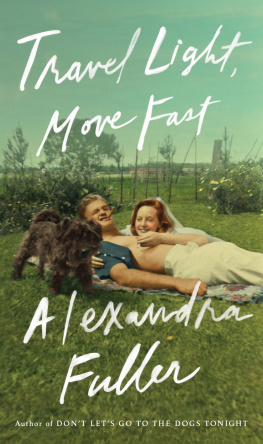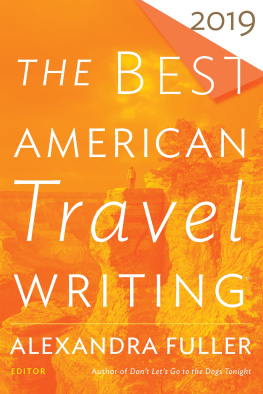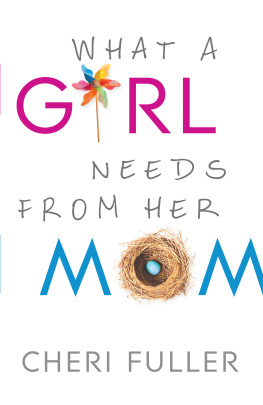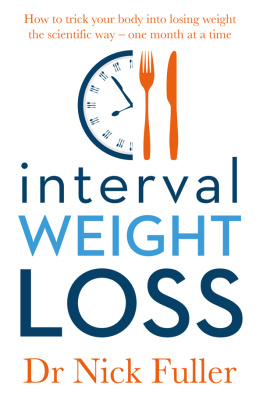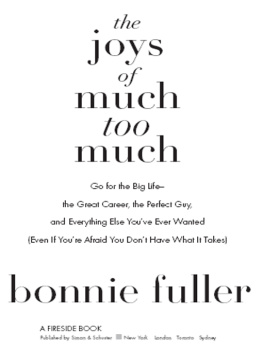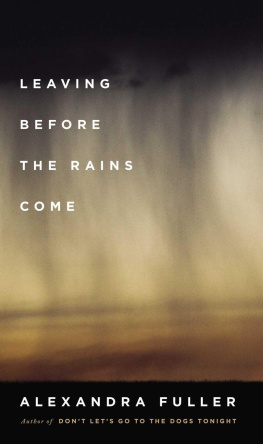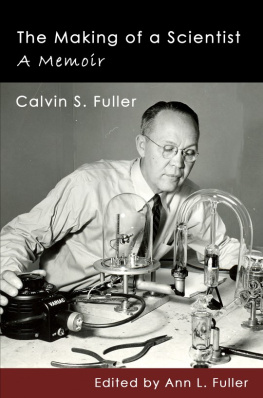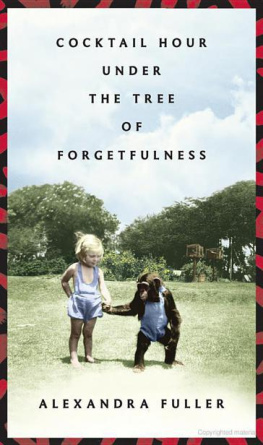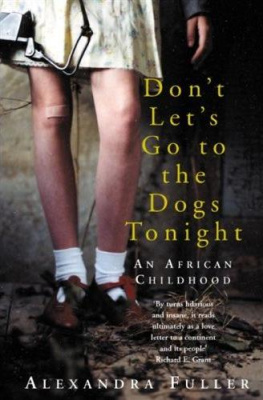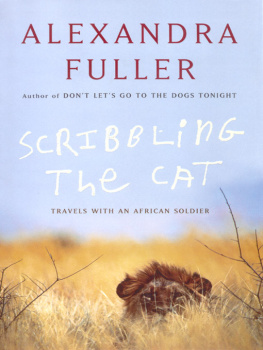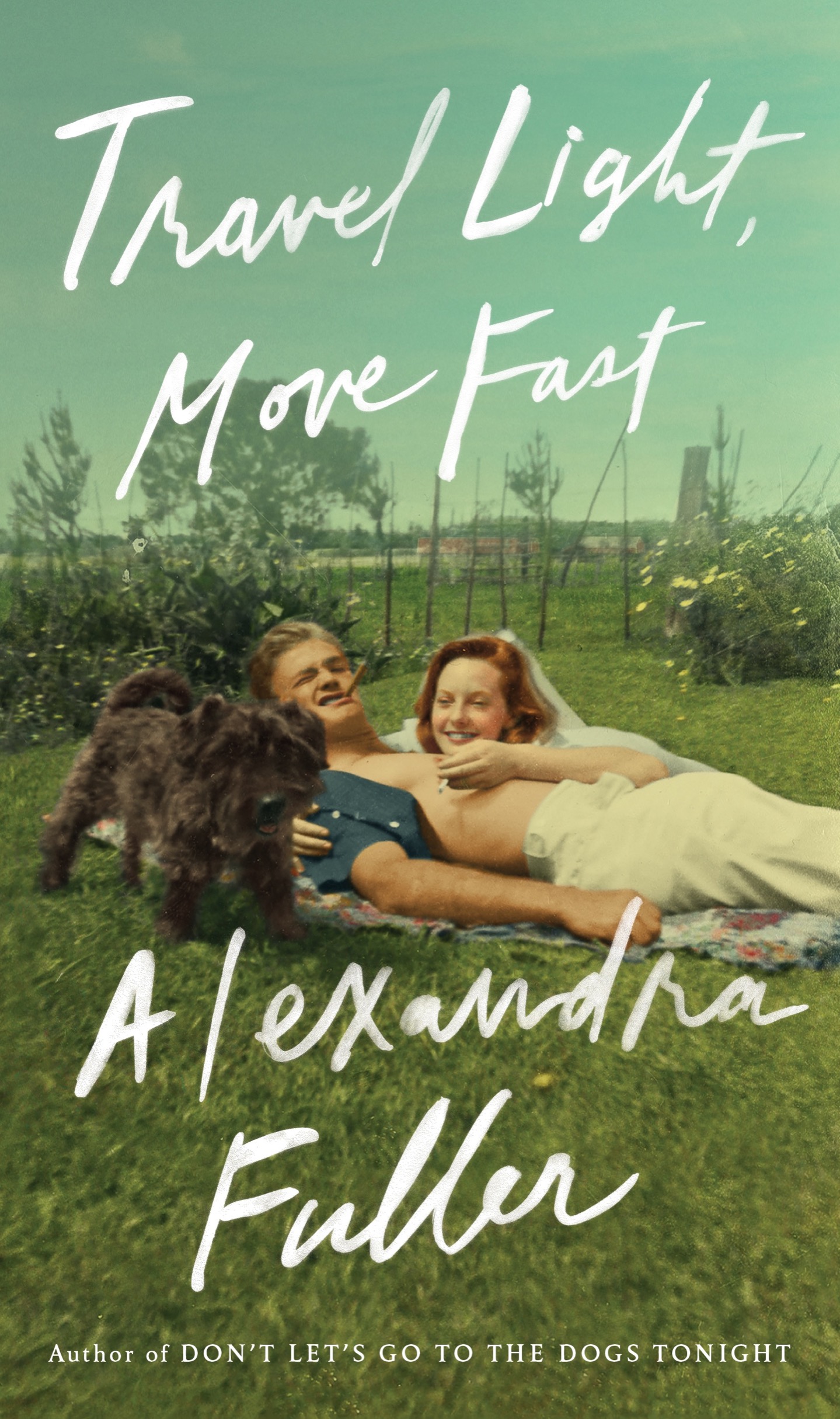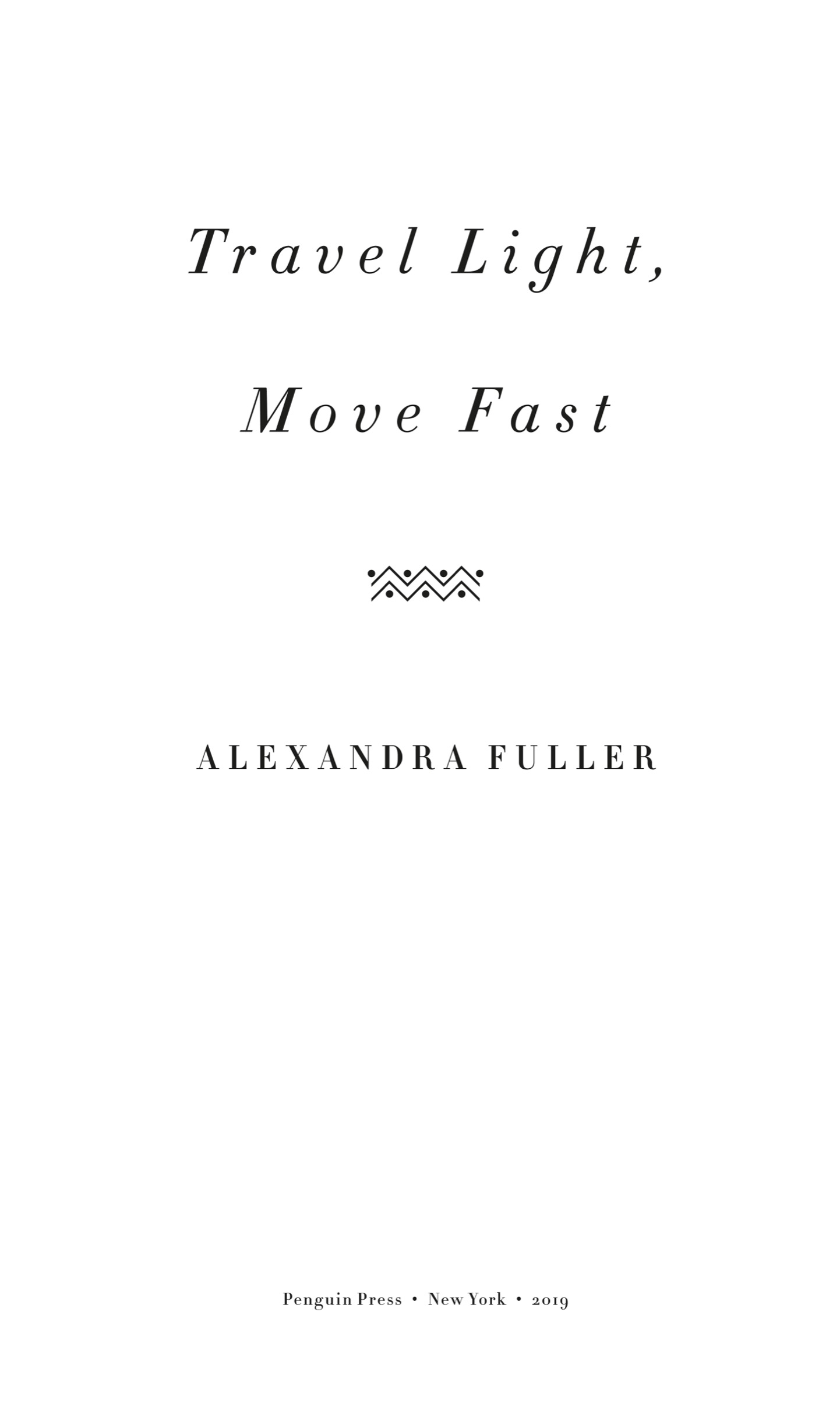CHAPTER ONE
In the Unlikely Event of Money, Buy Two Tickets to Paris
Oh, hello, Bobo, Dad said, waking up from an induced coma to find me by his bedside. He looked around as best he could. Bus station? he asked.
Budapest, I said.
Oh? Dad said, fretting the lines and tubes that ran to his mouth and into his nose and into needles that disappeared under his skin where the Zambian sun had scalded an indelible brown line across his neck. The veins on his hands stood out, a workers hands, muscled and thick; there were needles slipped in there too.
The poor mans Paris, I explained, cupping his hands in mine, the way you catch a large moth, gingerly.
Ah, Dad said, relaxing a bit.
Dad loved Paris in the spring; he loved Paris, the whole song. Something had happened to him there the year he left high school; love perhaps, or his first taste of freedom from the boiled-cabbage, gin-wrecked gloom of his British upbringing. After that, for the rest of his life, every time he came into extra money, which wasnt often, hed threaten to buy two tickets to Paris.
Those Frogs know how its done. Start with champagne, end with absinthe; bring your dog to supper and no one gives a merde if you get off with the waiter, he said.
Dad took my mother to Paris three times; hed taken me once. He tried to get my sister to go for her fortieth birthday, but Vanessa had just delivered her sixth child and had endured a subsequently exhausting recovery in a noisy Lusaka clinic and she wasnt in the mood to race our father to the top of the Eiffel Tower, or to savor new-in-season blackberries with a bottle of plonk on the le de la Cit.
If I show up with two tickets to Paris, will you come with me? Dad had always asked the Scottish nurse with the cobalt-blue eyes whod been our neighbor in southern Africa, back in the days my parents tried their hand at farming in a war zone. Auntie Rena, Vanessa and I had called her; in a war, you feel related to everyone, trauma bonded.
Why yes, Tim, Auntie Rena had always replied.
DAD HATED HOSPITALS . They wont let you smoke, you cant get a drink when you really need one, and they always want to poke you in places not designed for poking. He hated doctors too, on account of their propensity to attract dying or wounded people. Then finish off the job.
Hed only been in a hospital one other time, back in the seventies, after hed run himself over while fixing the brakes on a car, also during our farming-in-a-war-zone phase. The workshop, built by the previous owner of the farm, a melancholy alcoholic, wasnt level. Should be good drainage, though, Dad said, looking on the bright side of the noticeably tilted pounded-dirt floor. If theres a flood.
But this was revolutionary-era Rhodesiaas it was back then, unpredictable, upended, brilliantand our farm was in a rain shadow, so although we had floods, mostly we had drought, and it was a heavy, mine-proofed station wagon that had slowly rolled over Dad while the workshop staff looked on in impotent horror.
Poor Dad, Mum had said. Squashed flat as a cockroach and still he kept insisting there was nothing wrong with him that couldnt be fixed with an aspirin and a couple of brandies.
Everyone hit panic stations; rare in Rhodesia, it went against our professed national character. We were the manliest of people. Your father was the first person to be medevaced to town from the valley, Mum said, her nose twitching wistfully. Until then, people just had to bite the bullet; and in very serious cases, we were rattled into the hospital in a mine-proof Land Rover. No shock absorbers to speak of.
It was as if she were explaining to me a sepia-colored version of a life shed known well, a life that included my father, but which I could barely grasp, as if Id been nowhere near the actual bright, bloody intensity of it all myself.
Absolute agony for the victim, Mum said.
I remember, I said.
But not, Mum continued, your father. Paul Dickenson, bless him, drove Dad in his Mercedes-Benzthere was a pause, so Id have the opportunity to appreciate the full extent of what Mum had just saidto Brian Van Burens airstrip and Brian flew him straight to the airfield in Umtali over enemy lines.
Things were beginning to blur a little in Mums narrative, I could tell, Out of Africa merging with one of those dashing Second World War movies she loves. But in our real life, in our little Rhodesian Bush War, there really were no enemy lines, no helpful German accents; God and restraint were long gone. There was only the country left; the soil, I mean, and blood.

